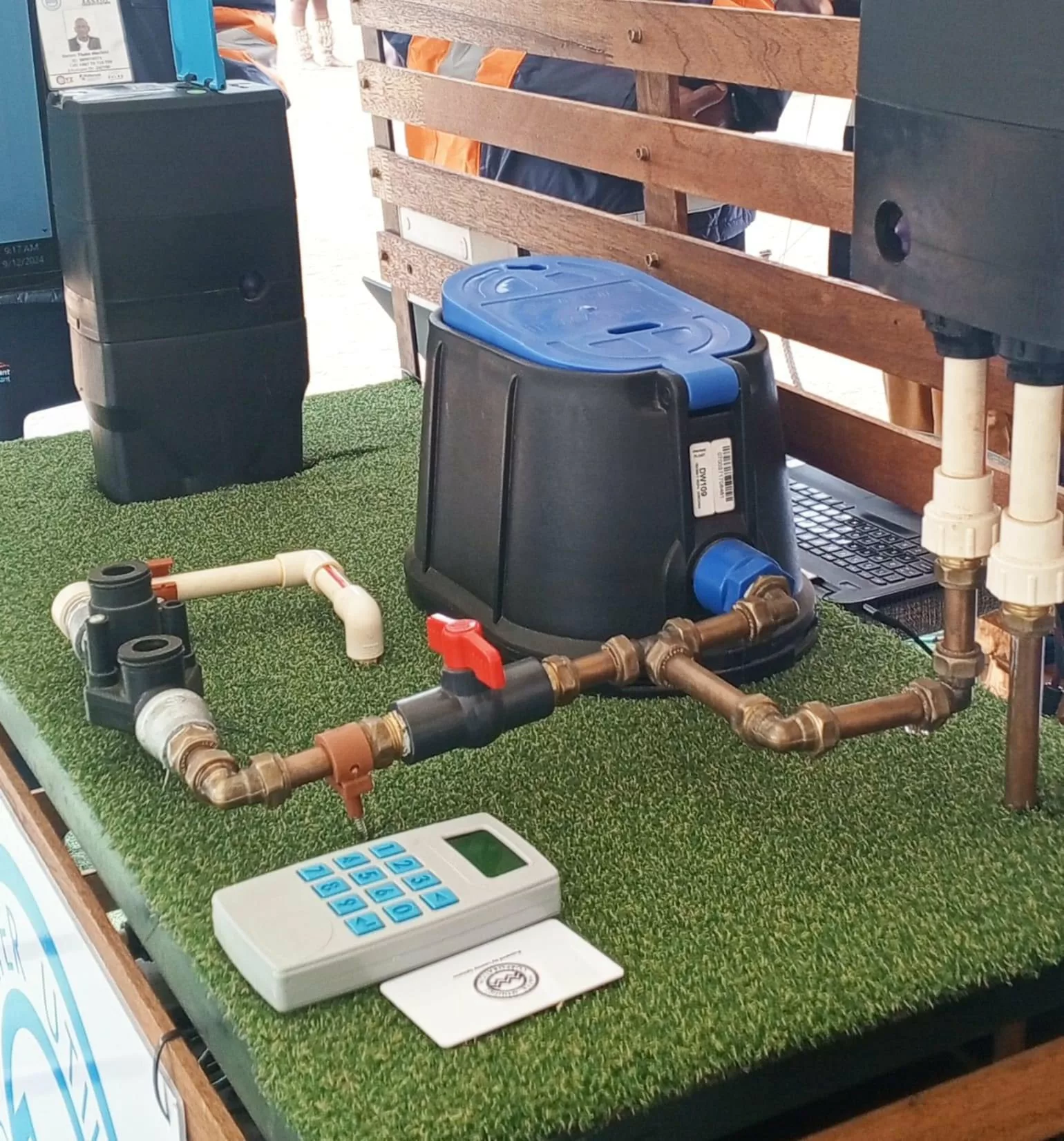|
Getting your Trinity Audio player ready...
|
THE Harare Residents’ Trust (HRT) has said it has been closely following the debate on the possible introduction of prepaid water meters in Harare. The local authorities, with the backing of some international financial institutions, have been warming up to the idea, but they have not done enough to ensure the consistent provision of safe, potable, and adequate water.
The HRT on its part has held community meetings with residents where there are mixed sentiments on the possible impacts of the prepaid water meters. This residents’ representative body argues that the suggestions that introducing prepaid water meters will resolve the water challenges are far-fetched and unproven.
The City of Harare undertook a Smart Prepaid Water Meters Pilot Project in the Avenues, Bluffhill, Budiriro, Eastlea, Greendale, Kambuzuma, Sunningdale, and Waterfalls. They installed 1 975 prepaid water meters as follows; Avenues (225), Bluffhill (399), Budiriro (331), Eastlea (184), Greendale (143), Kambuzuma (69), Sunningdale (324), and Waterfalls (300).
The installation of the prepaid water meters was done in May 2016. Five companies – Utility Systems, Syvern Investments, Hukoshwa, Industrial Chemical, and Tricon were contracted to install the prepaid waters during the pilot project. Reports at the time indicated that some of the contracted companies were linked to senior government officials and the City of Harare bureaucrats who intended to benefit from the awarding of tenders for the supply of prepaid water meters.
In 2020, the HRT conducted research in Harare’s Sunningdale suburb as a case study to establish the sentiments of the residents whose properties had prepaid water meters installed. While the majority of the residents (83 percent), commended the installation of prepaid water meters, they highlighted that they experienced difficulties in accessing water tokens and the council usually told them that the system was down.
Sometimes they had no water yet they would have paid for their water. This greatly inconvenienced them. In Kambuzuma, residents ended up having the prepaid water meters removed because they experienced more technical challenges which hindered their access to water. However, there was consensus from the residents who had the prepaid water meters installed at their houses that the cost of water was significantly reduced, and they could control how much water they used per month.
The prepaid water project then died without any feedback to the residents and other key stakeholders on the performance of the different contractors who installed the prepaid water meters, and how the pilot project had fared. Up to now, the City of Harare has not bothered to provide the necessary feedback to its stakeholders.
“What has become very clear from the HRT membership and key stakeholders is that while the idea of prepaid water meters is appealing to residents who do not have water most of the time, the availability, accessibility, acceptability, and quality of the water in most other parts of Harare remains highly contested. The council is supplying water to about 45 percent of the households connected to the water system with the majority relying on alternatives like community and private boreholes, shallow wells, and unprotected water wells.
“If at all the council is considering this option of installing prepaid water meters, then they have to first ensure that they have built their capacity to supply all the connected households, they have addressed the questions of quality, accessibility, and acceptability of the water they currently deliver to the ratepayers,” HRT said.
The HRT asserts and reiterates its longstanding position that installing prepaid water meters is simply a simplistic way of generating revenue which is hardly accounted for. It must be noted that in the past, the City of Harare has undertaken water meter replacement projects but these initiatives were discontinued before replacing all the dysfunctional and stuck conventional water meters.
Lazy and incompetent officials are simply looking at their revenue streams without bothering to address the issue of improving services rendered to the residents. The HRT therefore urges the City of Harare councillors and bureaucrats to seriously value the input of citizens on public policy before they pronounce themselves as public institution. Citizen participation remains key to social and economic development in a democratic society.
Key Recommendations going forward;
- The City of Harare needs to sort out its billing system to ensure that there is accuracy in terms of billing for services rendered.
- Residents expect the council to replace all the dysfunctional water meters and ensure regular water meter readings before even considering installing prepaid water meters.
- Undertake intensive but staggered underground water pipe replacement to harness all the treated water. The council loses 60 percent of treated water through leakages and illegal connections on the water distribution network.
- Widely consult and involve the residents before introducing prepaid water






